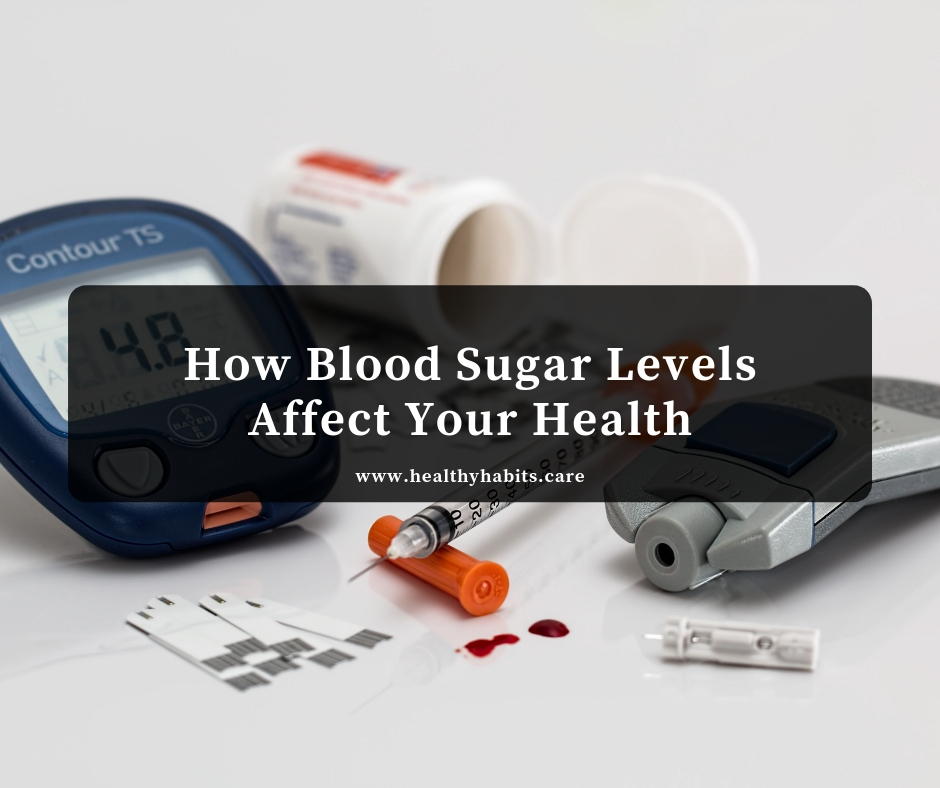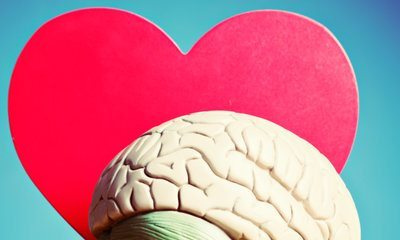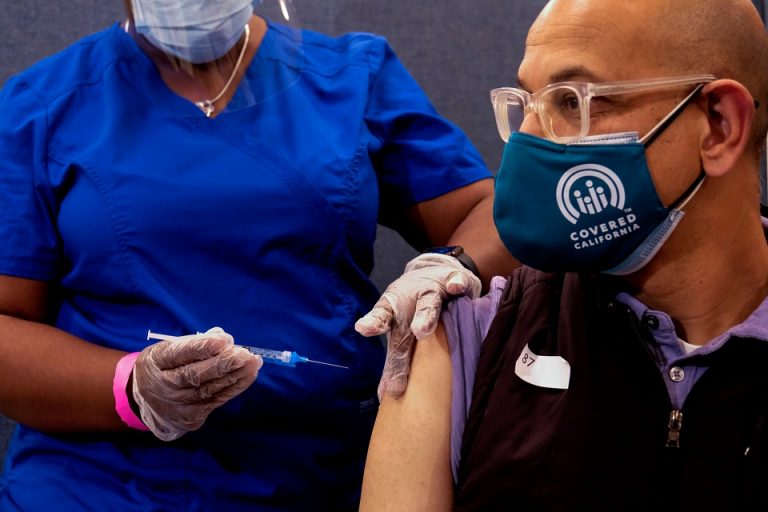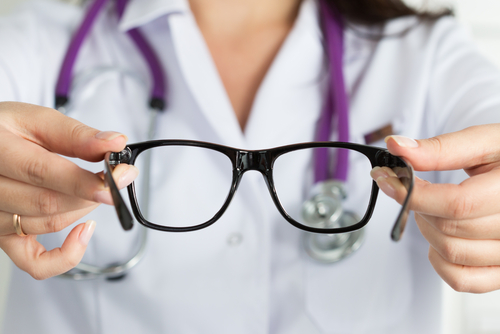
Understanding blood glucose level ranges can be a key part of diabetes self-management. When you have diabetes, your blood sugar (aka blood glucose) levels may be consistently high. Over time, this can damage your body and lead to many other problems. Doctors use blood sugar charts to set target goals and monitor diabetes treatment plans. Blood sugar charts also help those with diabetes assess and self-monitor blood sugar test results.
HIGH: Makes you pee more
Your kidneys have to work hard to process all that extra sugar in your blood. When they can’t keep up, your body gets rid of it, along with water that your body needs.
HIGH: Makes you thirsty
To get rid of that extra sugar, your body draws water from its own tissues. Because you need that fluid to make energy, transfer nutrients, and get rid of waste, a switch flips in your brain to tell you that you’re thirsty so you’ll drink more.
HIGH: Dry mouth
Your mouth could get dry and cracked at the corners as your body draws fluid from it. Less saliva and more sugar in your blood make infection more likely. Your gums might swell, and white patches can grow on your tongue and inside your cheeks (your doctor will call this oral thrush). It can help to drink more water or chew sugar-free gum.
HIGH: Skin Problems
Your body takes water from all over to get rid of extra blood sugar. That may cause dry, itchy, cracked, skin, especially on your legs, elbows, feet, and hands. In time, high glucose levels also can damage nerves. This is called diabetic neuropathy. It can make it harder for you to feel cuts, wounds, or infections. Without treatment, they can become bigger problems, like the loss of a toe, foot, or part of your leg.

HIGH: Vision problems
Your body may pull fluid from the lenses in your eyes, which makes it harder to focus. And high blood sugar can damage blood vessels on the back part of your eye (retina). That can cause long-term vision loss and even blindness.
HIGH: Fatigue
When you have type 2 diabetes and your blood sugar is high too often, you become less sensitive to insulin, which helps move energy to your cells. A lack of fuel can make you tired. You can have the same fatigue with type 1 diabetes, because your body can’t make its own insulin. If you don’t treat it correctly, your levels can stay high all the time. Your doctor can help by prescribing medication and suggesting lifestyle changes you can make.
HIGH: Digestive problems
If your blood sugar is high for too long, it can damage the vagus nerve, which helps move food through your stomach and intestines. You may lose weight because you aren’t as hungry. You might have trouble with acid reflux, cramps, vomiting, and severe constipation.

LOW: Fatigue
If you have diabetes, insulin is one way to lower your blood sugar when it gets high. But if you take too much, it might remove so much glucose so quickly that your body can’t replace it fast enough. That leaves you tired. Other illnesses and drugs also may also upset this cycle and empty your tank.
LOW: Weird heartbeat
The hormones that help raise your blood sugar when it’s too low can also spike your heart rate and make it feel like it skips a beat. (Your doctor will call this arrhythmia.) The drop in glucose most often happens as a side effect of drugs used to treat diabetes.
LOW: Shakiness
Low glucose can unsettle your central nervous system, which controls how you move. When that happens, your body releases hormones, like adrenaline, to help bring your levels back up. But those same substances also may make your hands and other parts shake or tremble.
LOW: Sweaty
The hormones your body releases to raise your blood sugar when it gets too low also make you sweat a lot. It’s often one of the first things you notice when your glucose levels fall too far. Your doctor can help you track your levels and try to keep them in a healthy range with medication, exercise, and eating habits.

LOW: Hungry
Sudden, intense hunger, even after you’ve eaten, may be a sign that your body doesn’t convert food to blood sugar in the right way. Illness or certain drugs can cause it, too. If you have diabetes, your doctor might be able to adjust your medication, which is often the source of the problem.
LOW: Nausea
Actually, it isn’t low blood sugar by itself. When your levels get either very high or very low, it can cause a rebound effect. Your blood sugar bounces from one extreme to the other, confuses your body’s digestive system, and makes you feel sick to your stomach.
LOW: Dizziness
Your brain cells need glucose to work properly. When they don’t have enough, you may start to feel tired, weak, and dizzy. You also might have a headache.

























